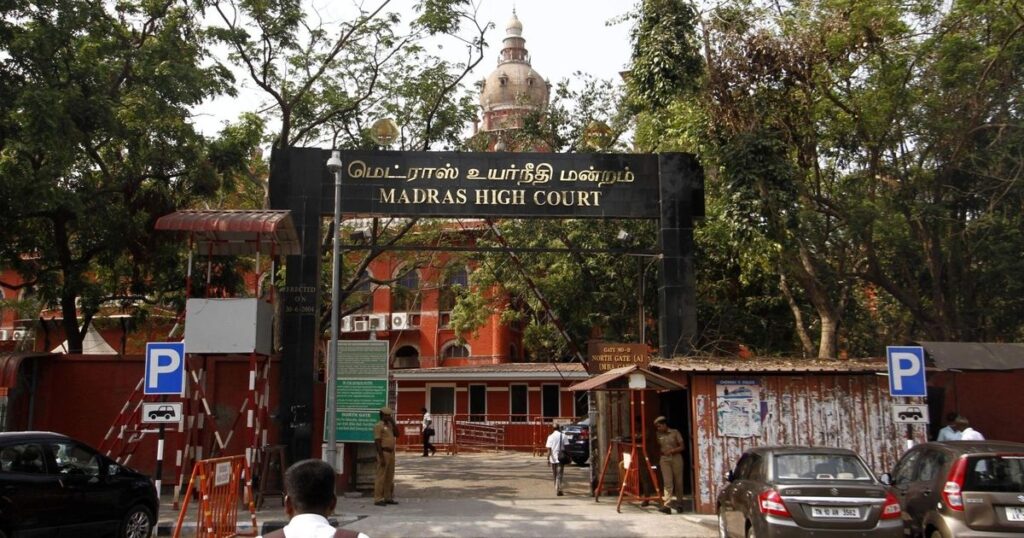Priyanshu
The Madras High Court recently issued a significant order concerning the popular dating app; Grindr, highlighting its misuse in criminal activities. The court directed the Central Government to take appropriate measures, which may include blocking the app, to prevent its continued use in facilitating illegal actions. This decision arose from a case where the app was allegedly used to commit a serious offense, bringing attention to the broader legal implications of technology and digital platforms in modern criminal activities.
The court’s decision underscores the increasing scrutiny that digital platforms face concerning their role in enabling or preventing criminal activities. This is not the first time such concerns have been raised about online platforms, but the court’s directive marks a critical legal development in balancing the benefits of technology with the need for public safety and security.
From a legal perspective, this decision raises important questions about the responsibility of app developers and service providers in monitor and control the use of their platforms. The Madras High Court’s order suggests that digital platforms could be held accountable for not taking adequate measures to prevent their misuse. This could lead to a stricter regulatory framework governing online platforms, where the government may require more robust monitoring systems and stricter compliance with safety standards.
Additionally, the court’s direction to the Central Government to consider blocking the app reflects a growing trend of judicial intervention in digital matters, where courts are increasingly stepping in to ensure that technology is not used as a tool for criminal purposes. This may lead to more frequent legal actions against apps and platforms that fail to adhere to legal and ethical standards, particularly in cases where they are linked to criminal activities.
For legal professionals, this case emphasizes the importance of understanding the evolving legal landscape surrounding technology and digital platforms. It highlights the need for continuous monitoring of legal developments in this area, as well as the potential for new legal obligations for app developers and digital service providers. As the government and courts continue to grapple with these issues, legal professionals will need to stay informed and prepared to advise clients on compliance and risk management in the digital age.
This ruling by the Madras High Court is a reminder that while technology offers numerous benefits, it also presents challenges that require careful legal consideration. The decision sets a precedent that could influence future cases involving the misuse of digital platforms, making it a significant development in the intersection of law and technology.
Case Title – Maharaja vs. Inspector of Police
Case Number – CRL OP(MD). No.13287 of 2024
Bench – Justice D.BHARATHA CHAKRAVARTHY

